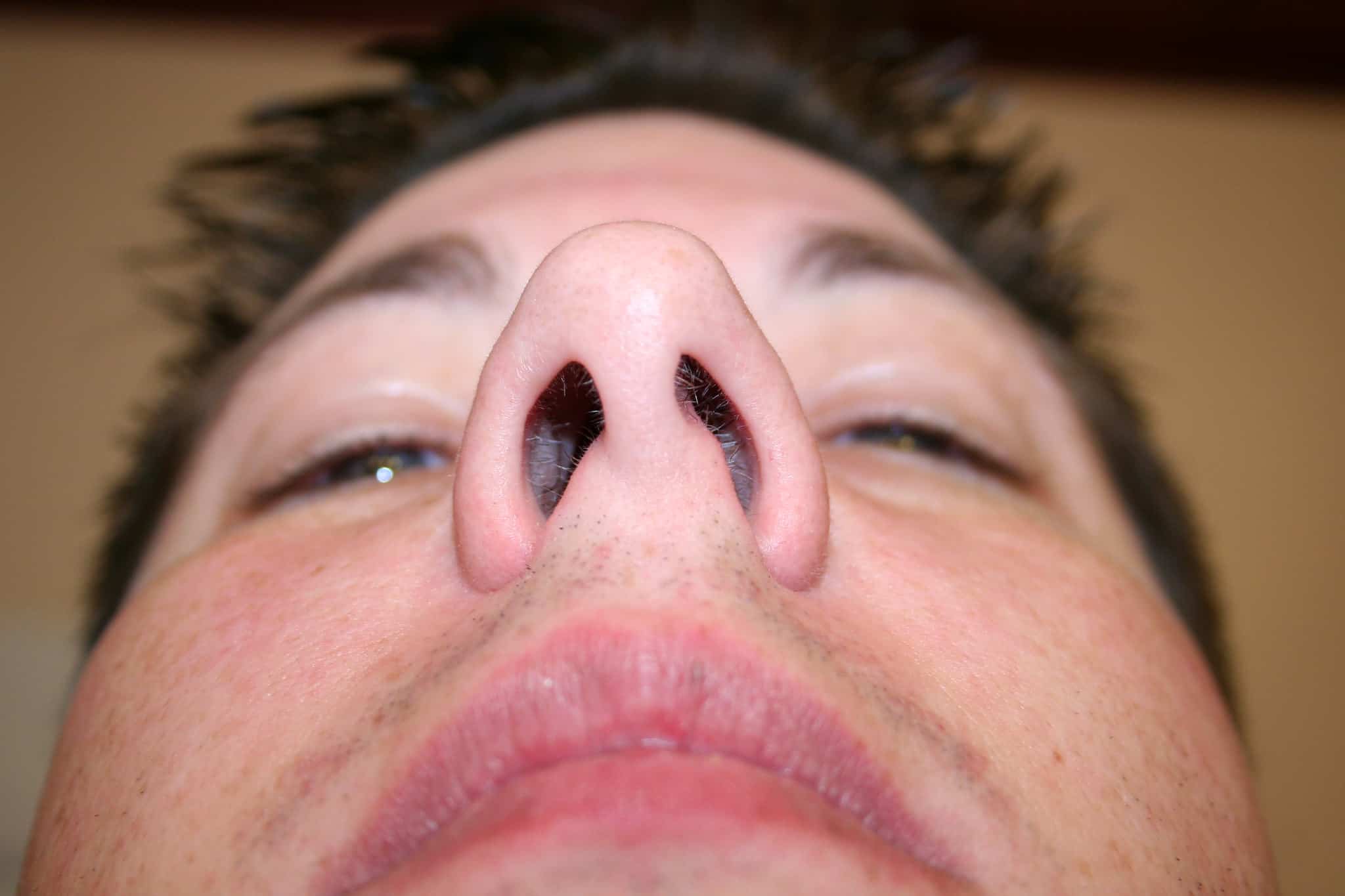As stated above, the issues caused by a deviated septum during a run can be solved pretty simply.
Just breathe through your mouth and you will be fine. Unfortunately, this doesn’t work as easily when sleeping.
During sleep hours, our deviated septum’s may alter air intake. Sleep apnea, reduced oxygen uptake, and sleep disturbances in this way hurt athletic performance.
In fact, a deviated septum can be the root cause of sleep apnea, which can impact your oxygen uptake, blood pressure, rate of fatigue, and generally have a negative impact on pulmonary health (source: Harvard Health).
So, if your deviated septum is causing sleep issues your performance may be impacted.

